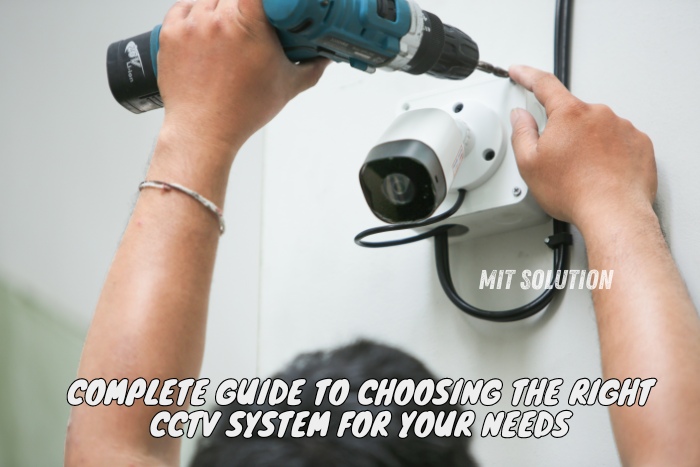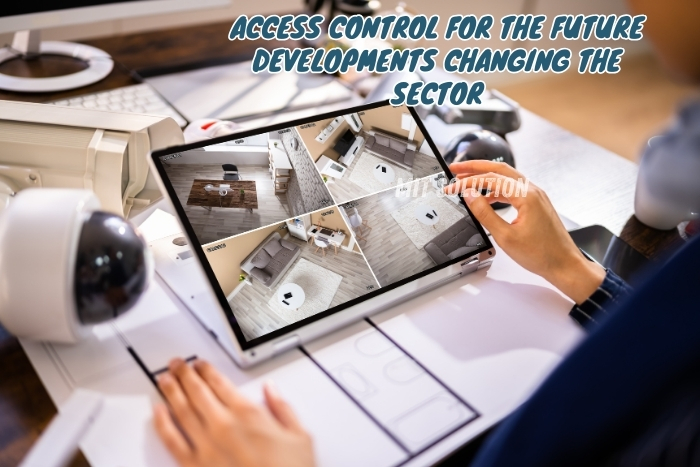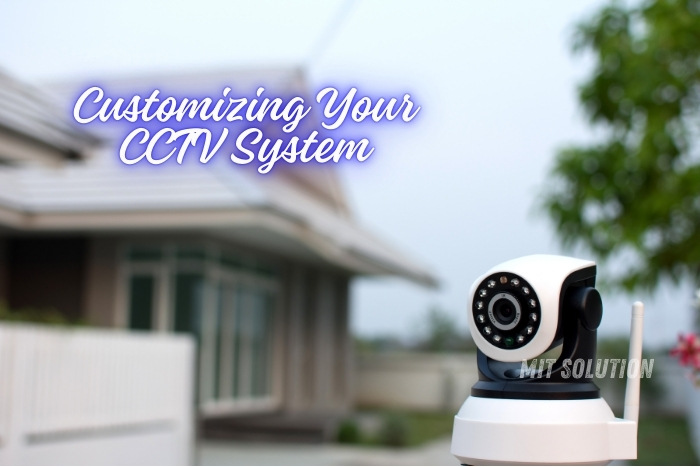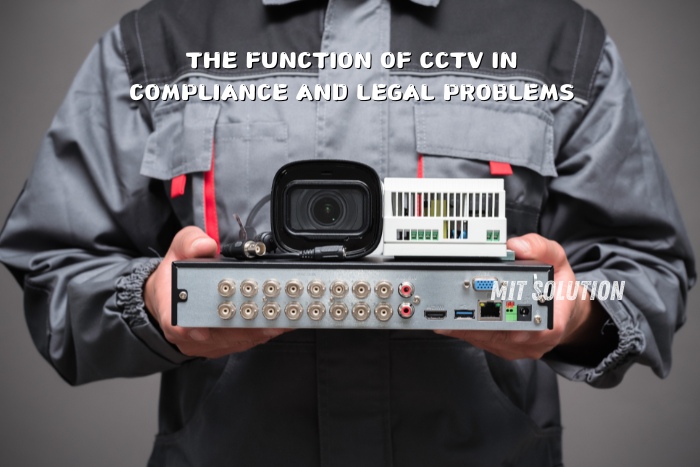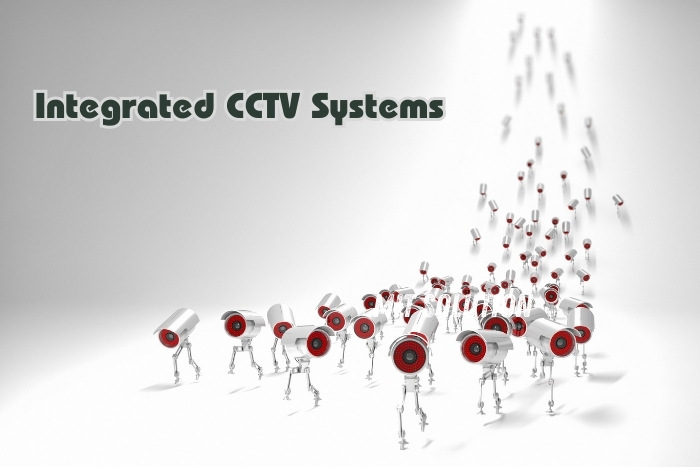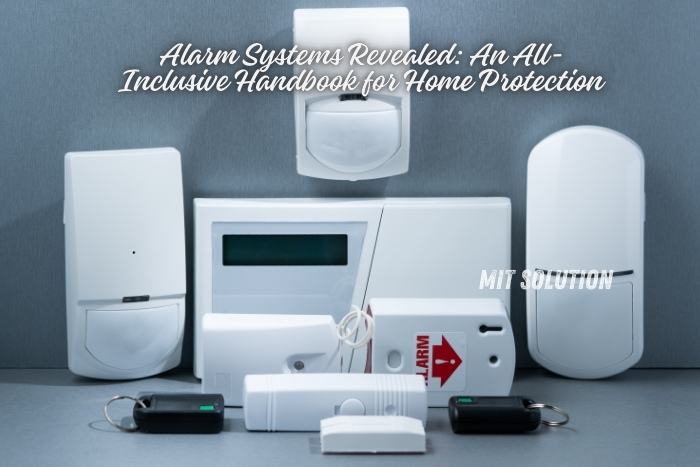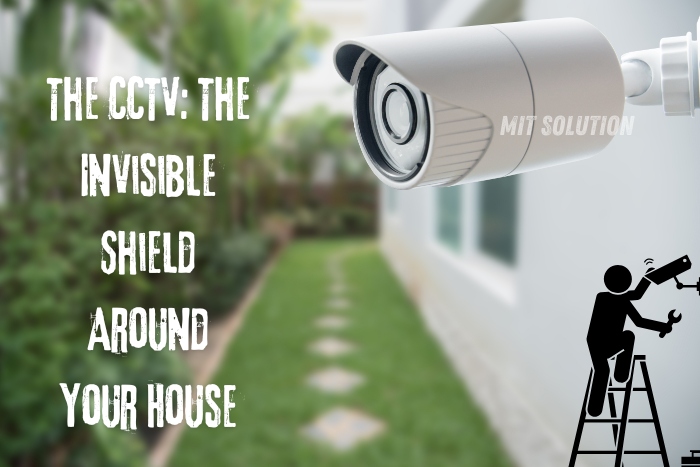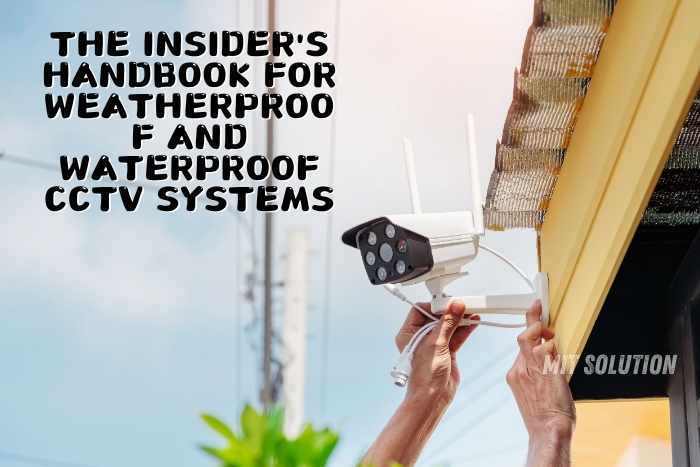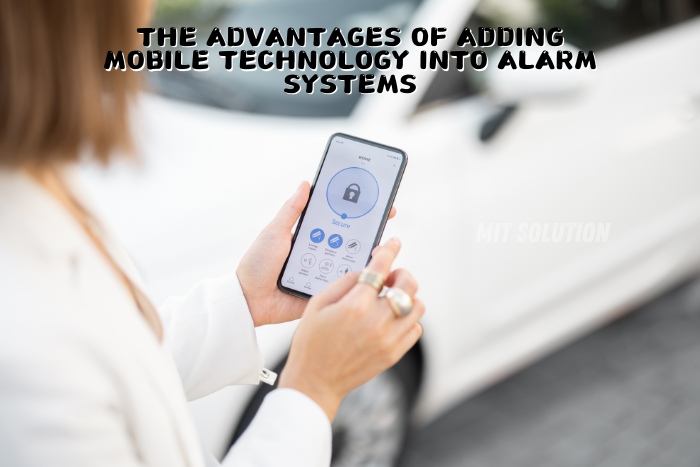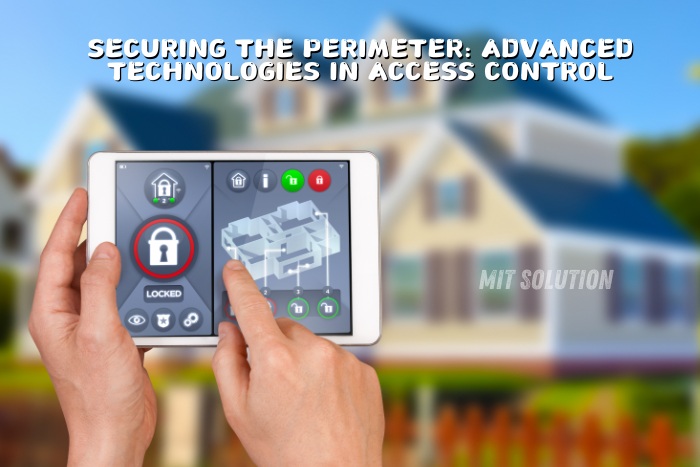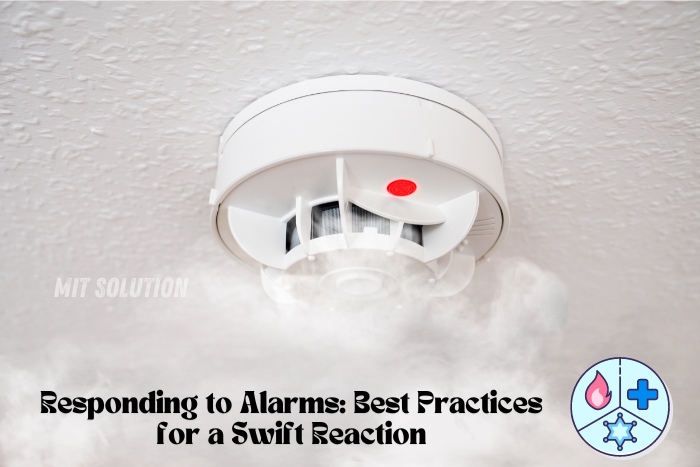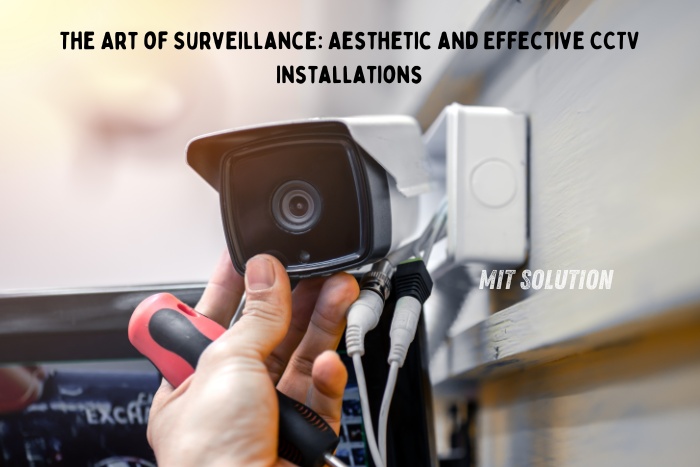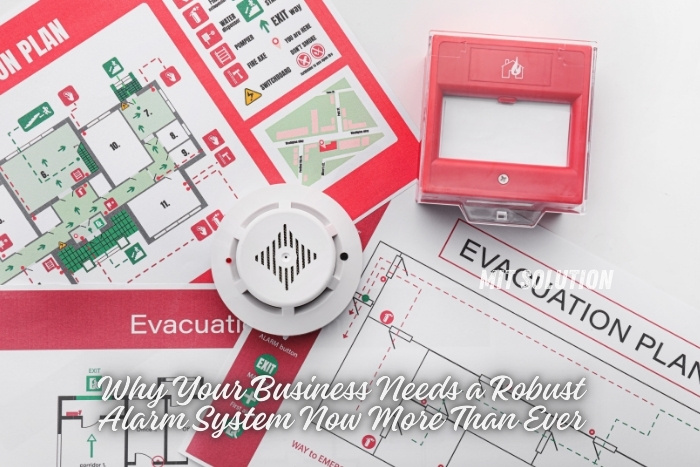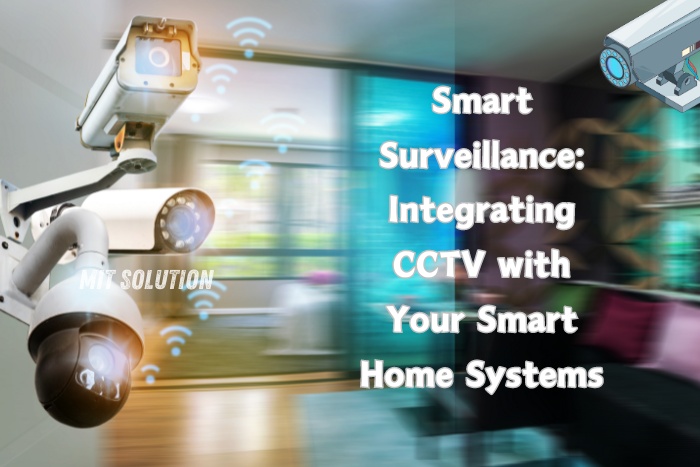It’s more crucial than ever to select the correct CCTV system at a time when security concerns are top priority. Any property, whether it be residential, commercial, or otherwise, may be effectively guarded with a well-selected CCTV system that can monitor activity, discourage crime, and provide you piece of mind. How do you choose the one that best meets your needs when there are so many possibilities on the market? All of the information you require to choose the best CCTV system will be covered in this in-depth guide, which is written in an approachable and conversational style.
Why Invest in a CCTV System?
Before diving into the technical details, let’s explore why investing in a CCTV system is a wise decision.
- Deterrence: Visible cameras can discourage potential intruders from targeting your property.
- Evidence Collection: CCTV footage can provide crucial evidence in the event of a crime or dispute.
- Remote Monitoring: Modern systems allow you to monitor your property in real-time from anywhere in the world.
- Peace of Mind: Knowing that your property is under surveillance can give you a sense of security and peace.
Understanding the Basics of CCTV Systems
Types of CCTV Cameras
There are various types of CCTV cameras, each designed for specific purposes. Understanding these types will help you determine which one suits your needs best.
- Dome Cameras: These cameras are popular for their unobtrusive design. They are ideal for indoor surveillance and offer a 360-degree view.
- Bullet Cameras: Known for their long shape, bullet cameras are typically used outdoors. They have a long-range view and are great for covering large areas.
- PTZ Cameras: Pan-Tilt-Zoom cameras can move left, right, up, down, and zoom in and out. They are perfect for monitoring large spaces and can be controlled remotely.
- C-Mount Cameras: These cameras come with detachable lenses and are suitable for monitoring areas that require specific ranges.
- Day/Night Cameras: These are designed to work in both well-lit and low-light conditions, making them versatile for various environments.
- Infrared/Night Vision Cameras: Ideal for monitoring in complete darkness, these cameras use infrared technology to capture clear images.
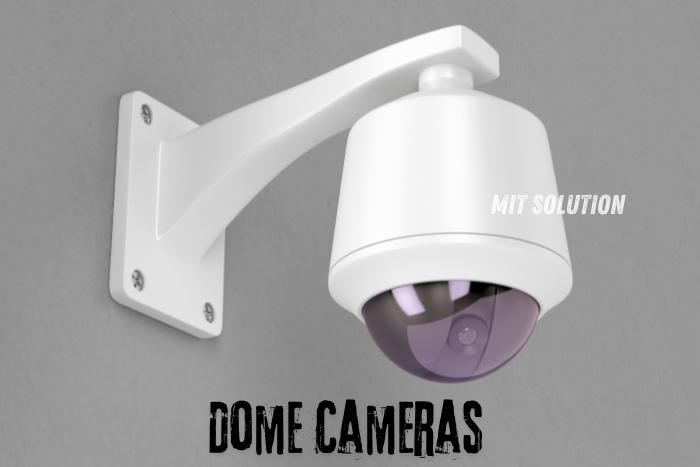
Wired vs. Wireless Systems
- Wired Systems: Offer stable connections and are less susceptible to interference. However, they require professional installation and can be challenging to relocate.
- Wireless Systems: Easier to install and move, but may suffer from signal interference. They are ideal for smaller properties or areas with a strong Wi-Fi signal.
Key Features to Consider
When choosing a CCTV system, consider the following features to ensure you get the most out of your investment.
Resolution
Higher resolution cameras capture clearer images, making it easier to identify faces and other details. Common resolutions include 720p, 1080p, and 4K.
Field of View
The field of view determines how much area the camera can cover. Wide-angle lenses are great for covering larger areas, while narrower lenses focus on specific spots.
Storage Options
CCTV systems can store footage in various ways, including:
- DVR (Digital Video Recorder): Used in wired systems, records footage directly.
- NVR (Network Video Recorder): Ideal for IP cameras, stores footage on a network.
- Cloud Storage: Offers remote access to footage, but may require a subscription.
Motion Detection
Motion detection features can trigger alerts or recordings when movement is detected, saving storage space and making it easier to review footage.
Night Vision
Ensure your system includes night vision capabilities if you need to monitor low-light areas or during nighttime.
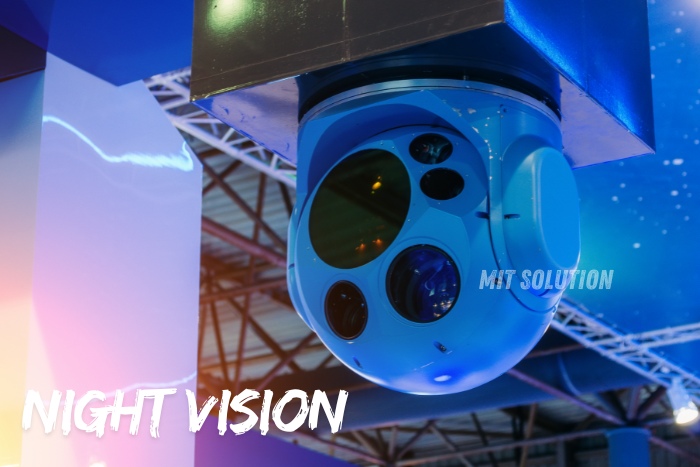
Remote Access
Most modern CCTV systems offer mobile apps or web platforms for remote monitoring. This feature is invaluable for business owners and travelers.
Assessing Your Specific Needs
Choosing the right CCTV system requires a clear understanding of your specific needs. Here’s how to assess them:
Determine Your Budget
CCTV systems vary widely in price. Establish a budget that aligns with your requirements and the level of security you desire.
Identify Vulnerable Areas
Assess your property to identify areas that need monitoring. Consider entrances, exits, hallways, parking lots, and any other vulnerable spots.
Consider the Environment
Think about the environmental conditions where the cameras will be installed. For outdoor cameras, ensure they are weatherproof and can withstand extreme conditions.
Think About Future Needs
Consider whether you might need to expand your system in the future. Choose a scalable system that allows you to add more cameras as needed.
Installation: DIY or Professional?
One of the biggest decisions you’ll face is whether to install the CCTV system yourself or hire professionals. Let’s explore the pros and cons of each approach.
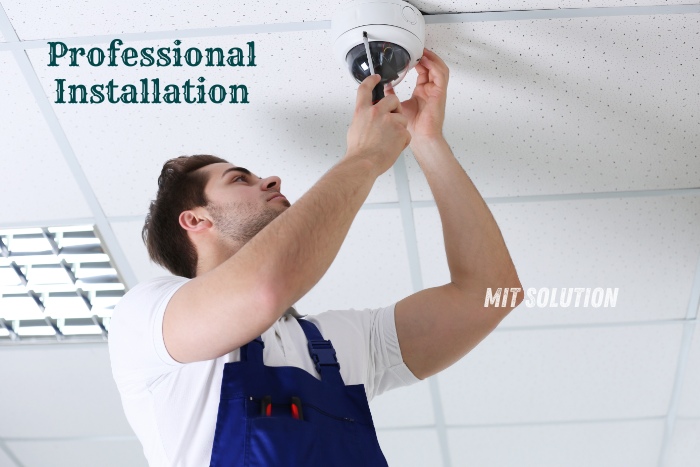
DIY Installation
- Pros:
- Cost-effective
- Flexibility to install at your own pace
- Learn about the system’s functionality firsthand
- Cons:
- Requires technical knowledge
- Potential for errors
- Time-consuming
Professional Installation
- Pros:
- Expertise ensures optimal placement and functionality
- Saves time and effort
- Often includes warranties and support
- Cons:
- Higher cost
- Less flexibility in scheduling
Legal Considerations
Before installing a CCTV system, it’s crucial to understand the legal aspects. Here are a few guidelines to follow:
- Privacy Laws: Ensure that your cameras do not invade the privacy of others, such as neighbors or passersby.
- Signage: In many areas, you are required to notify people that they are being recorded. This can be done with clear signage.
- Storage and Use of Footage: Be aware of how long you can legally store footage and how it can be used, especially if you’re capturing public areas.
Conclusion: Making the Right Choice
Choosing the right CCTV system for your needs involves a thorough understanding of your security requirements, budget, and the available technology. By considering factors like camera type, resolution, storage, and installation options, you can select a system that offers comprehensive protection for your property. Whether you opt for DIY installation or professional services, ensure your system meets legal requirements and is optimized for your specific environment.
For those providing CCTV installation services, like MIT Solution in Dindigul, local SEO optimization is key to attracting customers and growing your business. By focusing on local keywords, maintaining an active Google My Business profile, and creating location-specific content, you can enhance your online presence and reach your target audience effectively.
Investing in the right CCTV system is not just about security; it’s about peace of mind, knowing that your property is protected 24/7. Take the time to assess your needs, explore your options, and make an informed decision that will keep you and your assets safe.

